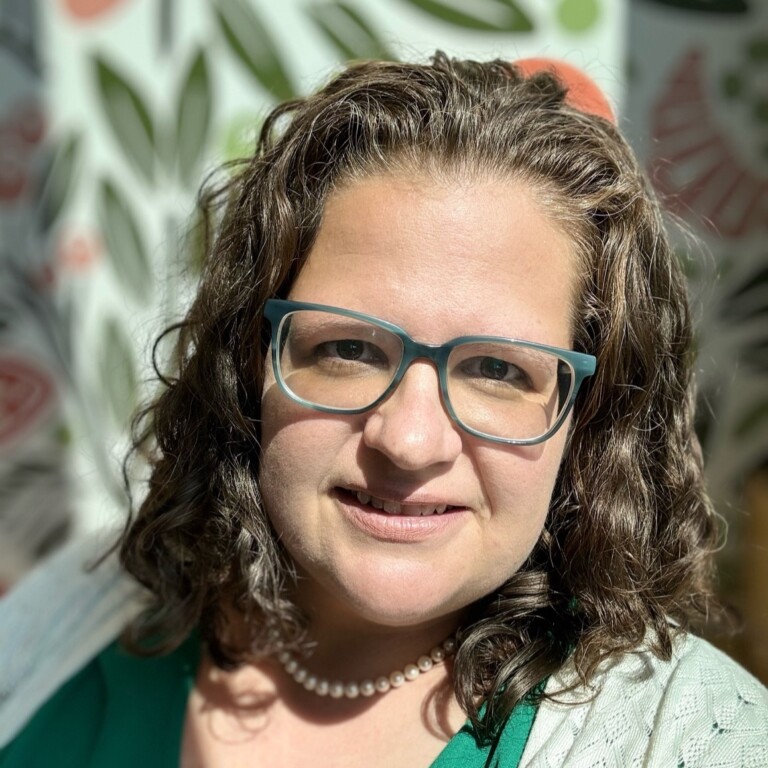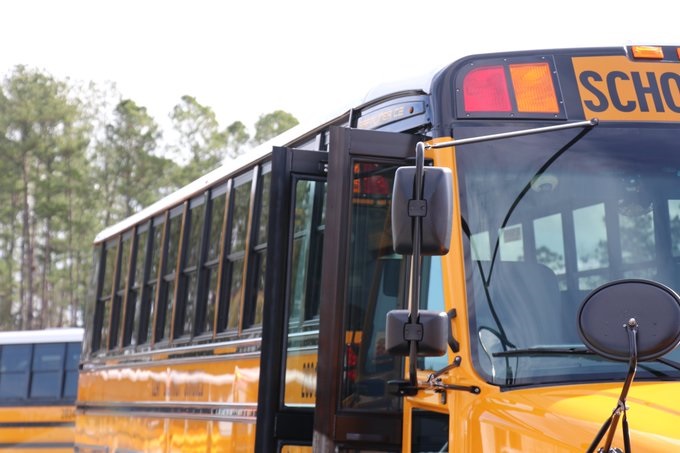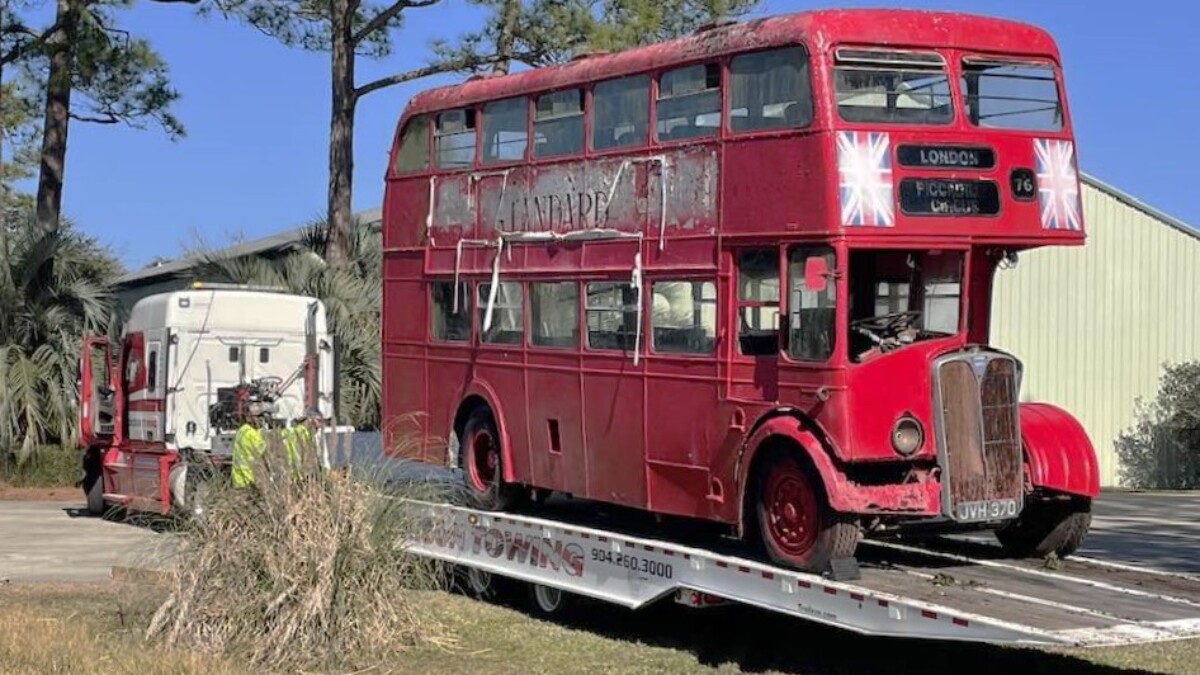A new state law could require Duval students to start their school day later, but school administrators are wrestling with how to make it work.
The new rules dictate that Florida’s public middle schools can’t start before 8 a.m. and high schools can’t start before 8:30 am. — requirements that could upend the schedules of tens of thousands of families.
The law also applies to most charter schools, but there’s no restriction on when elementary schools can start.
The district is considering four possible schedules that would work with the new guidelines, though Superintendent Christopher Bernier said the district will ask lawmakers to reconsider and return school start times to local control.
Possible start times
The new options include start times that range from 7:15 a.m. through 11:45 a.m. Currently, Duval schools start between 7:15 a.m. and 9:30 a.m.
After showing the board the four options, Chief of Staff Michael Ramirez emphasized that no decisions have been made.
“So again, we are providing all scenarios … not necessarily advocating for any,” Ramirez said.
Complicating factors
House Bill 733 passed in 2023 by a wide margin. It requires districts to comply by the start of the 2026-27 school year.
Private schools are not subject to the law, and certain charter schools — like those within businesses — are exempt. Advocates for the bill cited sleep deprivation research as the driving factor behind pushing back start times for teenage students.
Many of the First Coast’s representatives in the Capitol voted in favor of the bill.
At Tuesday’s meeting, School Board member Cindy Pearson of District 3 said she’s heard from constituents who say state lawmakers need to look at the chain reaction such a shift would have.
“I don’t know that enough thought was put into this for all the outlying or anticipated logistical concerns and downstream effects that it would have on families and teachers and students,” Pearson said.
During their discussion, board members raised concerns about secondary impacts to athletics, parents’ and students’ work schedules, teacher retention and afterschool programs, and more.
Currently, middle schools and high schools offer sports, clubs and other activities after school. If the schedules shift, the current practice of providing activity buses could be affected and more athletic fields might require lights.
District officials say start times — whether early or late — are largely constrained by the logistics of transporting students to and from schools. Districts typically use the same buses for elementary, middle and high school students, so each set of students must be dropped off before the next can be picked up.
Ramirez said it can take as long as an hour and a half to complete a bus run and prepare to do another.
While the group generally agreed with the idea that teenagers need more sleep, board members questioned whether changing the start times would have the intended effect.
“I think there’s an assumption that our high school students are going to go to bed early,” District 4 representative Darryl Willie said to laughter from the rest of the board. “I don’t know why we’re assuming that.”







